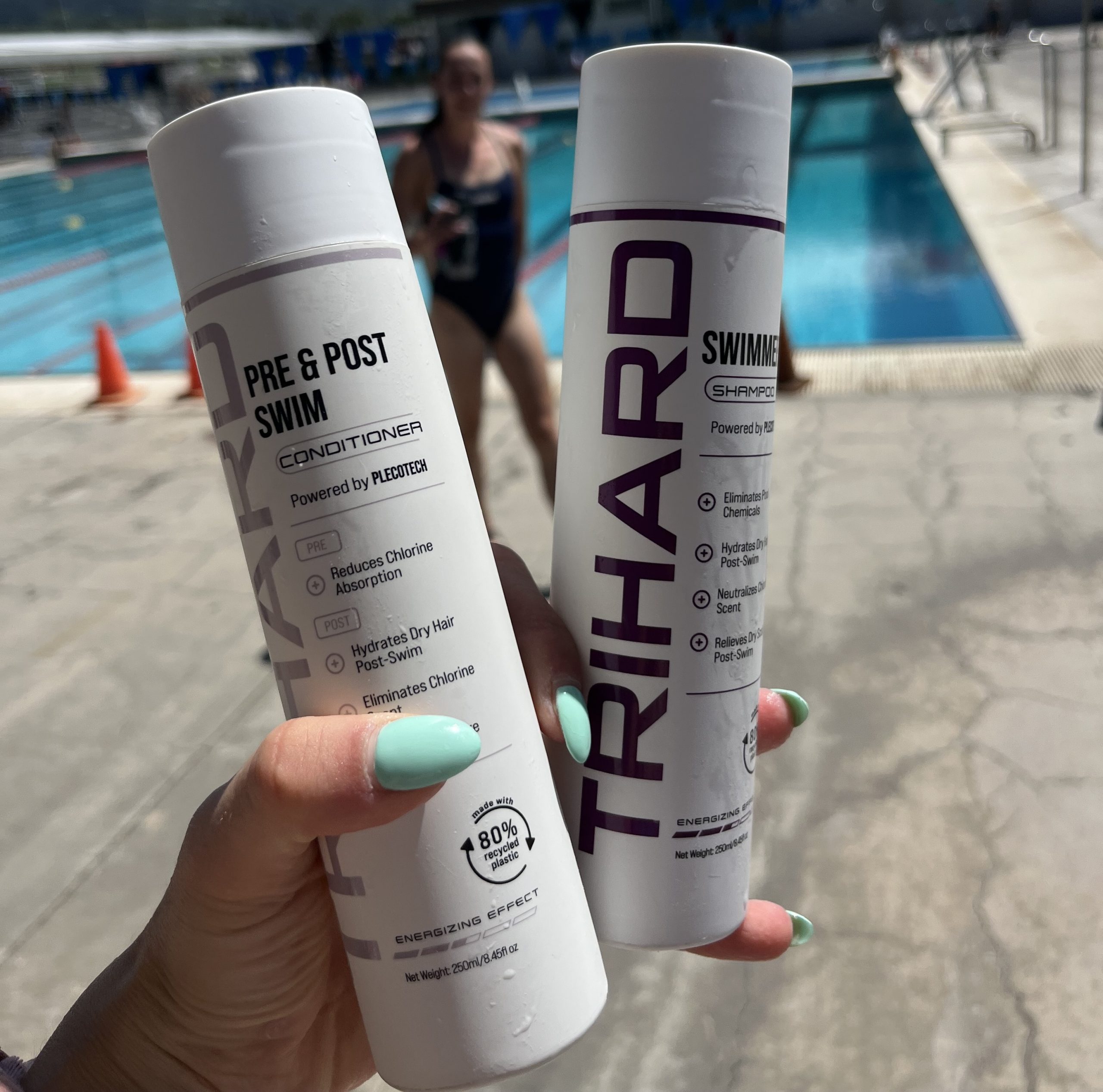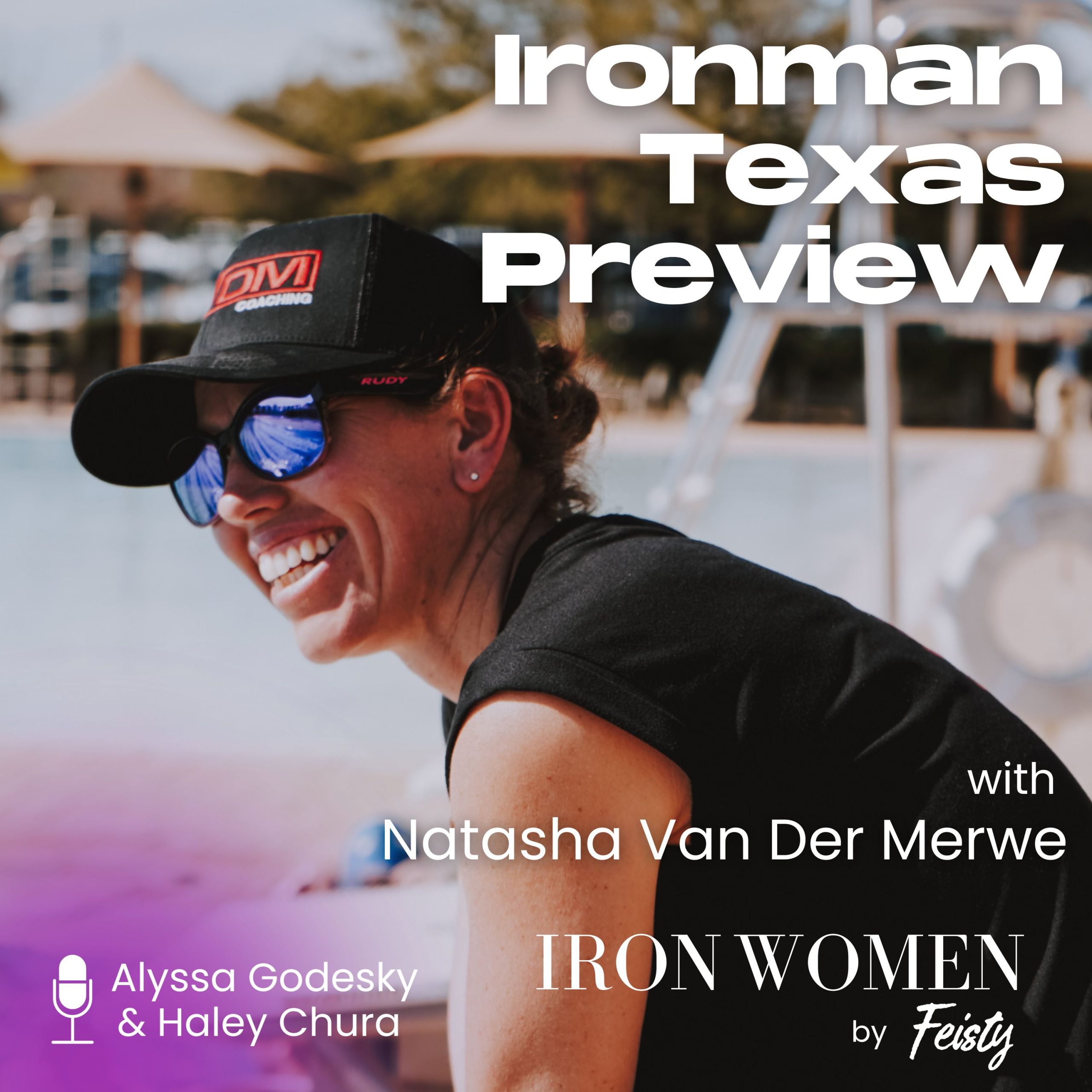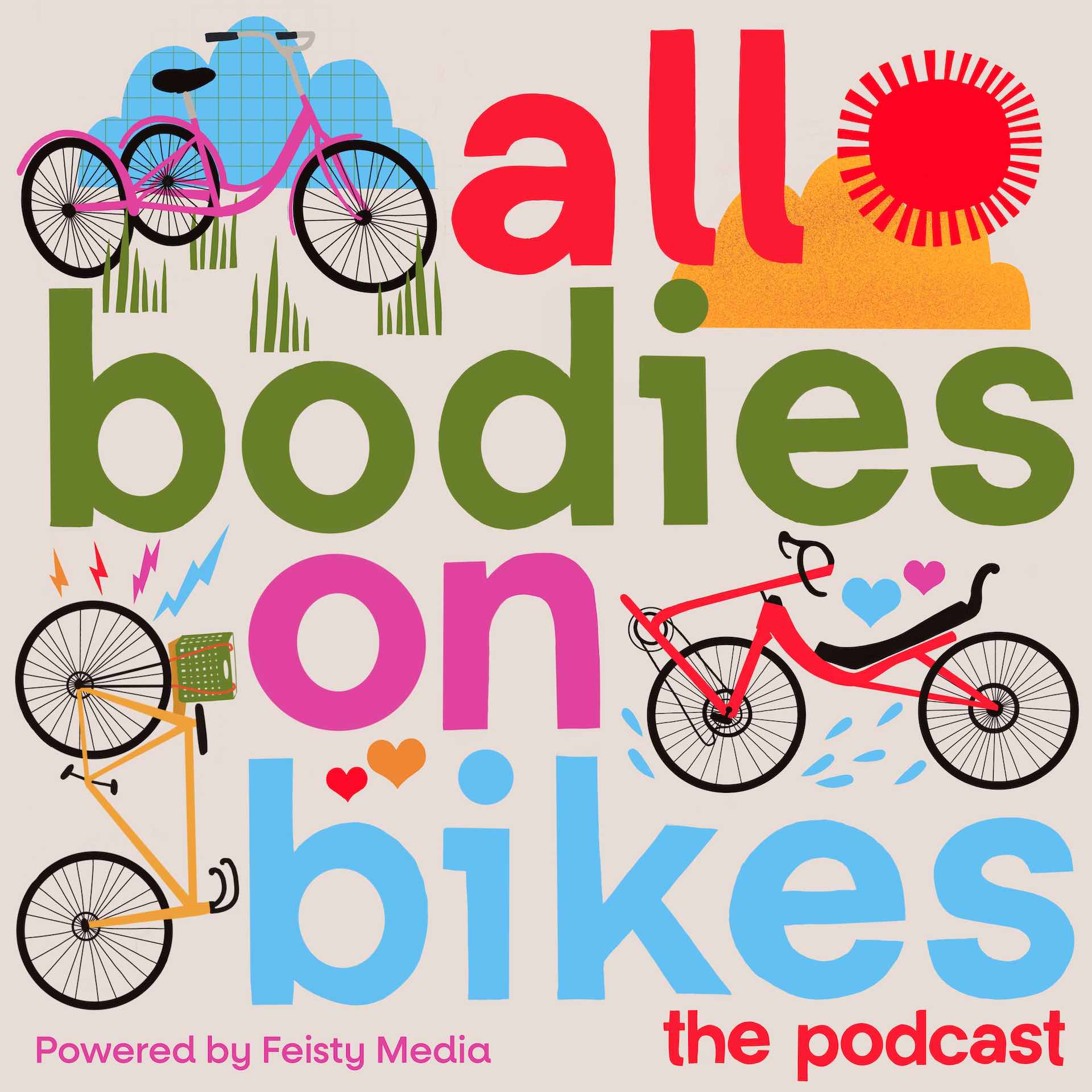February 19, 2024
Key Muscle Making Ingredients for Menopausal Women
Muscle is harder to make and maintain in midlife. These supplements can help.
By Selene Yeager
*This is a sponsored post. As with all sponsored posts here, we use, believe, and stand by every product we promote.
If you had told me (and heck maybe someone did and I didn’t listen) how hard making and maintaining muscle would be during and post menopause transition, I don’t think I’d have believed you. As a woman who always had strong, pronounced muscle without ever entering the weight room, I blissfully, naively thought things would be different for me. Spoiler alert: They weren’t.
As our anabolic hormones (looking at you especially estrogen) decline, muscle mass is harder to hang onto and more difficult to make. Eating enough protein along with regular resistance training helps. So does supporting your training with a handful of muscle-making accessories. Creatine, of course, tops that list. But there are others that research has found can help postmenopausal women in the muscle-making department.
These are the ones (among others) that our sponsor Previnex has included in its new Muscle Health Plus product that I drink during my morning strength training sessions. I especially love having them all in one place and that I’m making muscle and recovering quickly, so I can double up with my endurance training later in the day.
Here’s what science shows.
Creatine
Let’s start at the top with creatine. Creatine is a naturally occurring substance found in your muscle cells that helps them produce energy during high-intensity exercise and heavy lifting. As women, our muscle creatine stores tend to be 70 to 80 percent lower than our male counterparts. If we’re vegan, vegetarian, or don’t eat much meat, our stores are likely to be lower.
When you combine creatine supplementation with strength training, you can generate more power and get more benefits from your training sessions.
For women in and beyond the menopause transition, research finds that creatine supplementation can help counteract the menopause-related decline in muscle, bone, and strength by reducing inflammation, oxidative stress, and serum markers of bone resorption, while also resulting in an increase in bone formation. A recent study on older, untrained women found that those supplementing with creatine doubled the strength gained from a 10-week resistance training program compared to those not using creatine.
Creatine has decades of research to support it and is broadly considered safe. Some women in our community have wondered if creatine supplementation can increase blood creatinine levels in lab tests. It can, but, as noted in this review on Examine.com: “Although taking creatine may increase creatinine levels, long- and short-term studies have found that creatine doses ≤10g/day don’t impair kidney health in people with healthy kidneys.”
The generally recommended dose is 3 to 5 grams a day. The form to use for maximal absorption is creatine monohydrate.
Essential Amino Acids (EAAs)
Amino acids are the building blocks of life. Your body synthesizes them to make your muscles (along with other hormones, neurotransmitters, and other tissues). You need about 20 amino acids to make all the proteins found in your body. There are nine essential amino acids (EAAs) that your body can’t make on its own and you need to get through diet. A subset of amino acids called branched chain amino acids (BCAAs), specifically leucine, isoleucine, and valine, make up about one-third of the muscle protein in your body and are particularly important for muscle metabolism.
Eating enough protein first and foremost is the best way to get your aminos. Adding a supplement can help bridge the gaps when you’re working out, training hard, and/or finding it challenging to consume the 20 to 40 grams of protein per meal you need to support your physical activity.
The nice thing about supplements is that you can also make sure you’re getting the main muscle-making amino acids, like leucine, in the recommended amount. Leucine promotes muscle protein synthesis (aka. the process by which muscles repair and build), and research shows that even when women fall short of the recommended protein mark, if the protein they eat is relatively high in leucine, it stimulates muscle protein synthesis as well as if they’d eaten more total protein.
In postmenopausal women specifically, research finds that amino acid availability can lower inflammation and helps promote the preservation of muscle mass and can help improve lean body mass.
The International Society of Sports Nutrition recommends aiming for at least 10 to 12 grams of EAAs and 1 to 3 grams of leucine from your protein-rich meals and/or snacks, in addition to a balanced array of essential amino acids. Research suggests that older women may need 3 to 4 grams of leucine per meal for maximal stimulation of muscle protein synthesis. An amino acid supplement that contains BCAAs can help you get what you need.
HMB
This one has a long history in body building circles and has made its way into the mainstream among active midlife adults who want to maintain their muscles. Research shows that β-hydroxy-β-methylbutyrate (HMB) increases muscle protein synthesis, reduces muscle protein breakdown, and helps preserve muscle health and mass.
It may also help improve body composition in general. One small study on midlife women (average age 53) found that HMB along with vitamin D3 supplementation decreased intermuscular fat in resistance training women during a 12 week trial.
AstraGin
AstraGin is a relatively new supplement on the market. It’s a branded blend of Astragalus membranaceus root and Panax notoginseng. Research shows it may help with the absorption of creatine and other amino acids, as well as help improve muscle protein synthesis, making it a good booster to include in a muscle-making mix.
You can order Muscle Health Plus at https://www.previnex.com/. Get 15% off your first order with code HITPLAY.


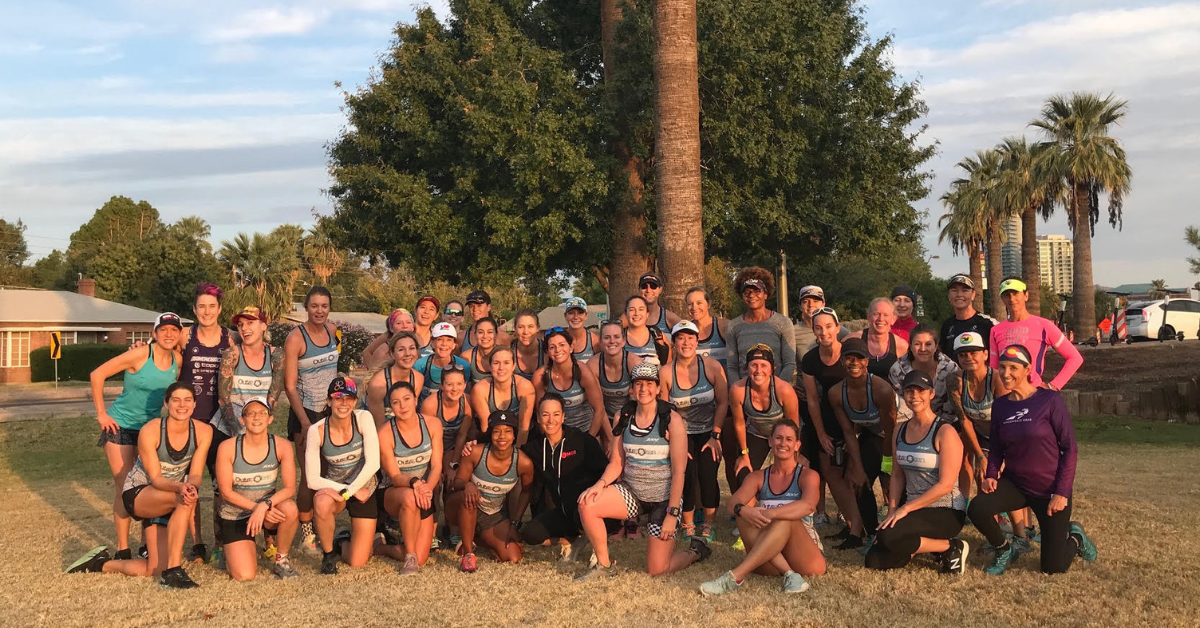 Outspoken Women in Triathlon Summit Returns Bigger than Ever
Outspoken Women in Triathlon Summit Returns Bigger than Ever  Driving the Lamborghini: Productivity and the Power of Paper
Driving the Lamborghini: Productivity and the Power of Paper 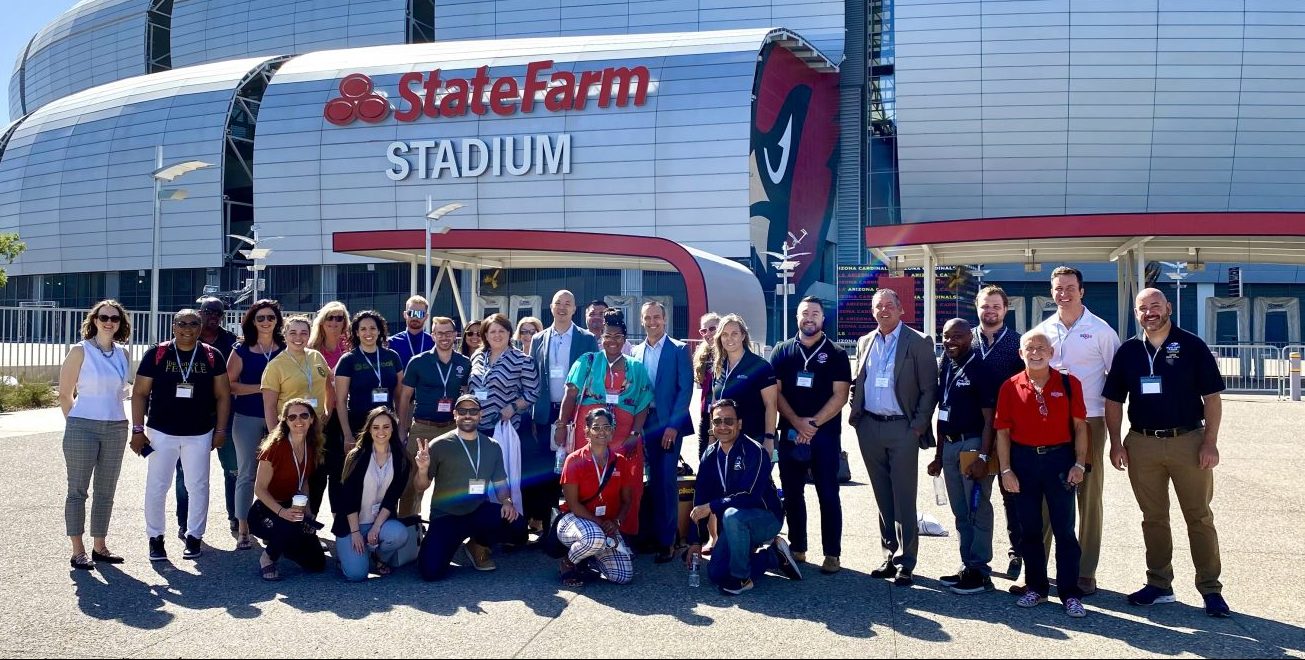 5 take aways from the Compete Sports Diversity Summit
5 take aways from the Compete Sports Diversity Summit  Simple Tips to Hone Your Bike Handling Skills
Simple Tips to Hone Your Bike Handling Skills 